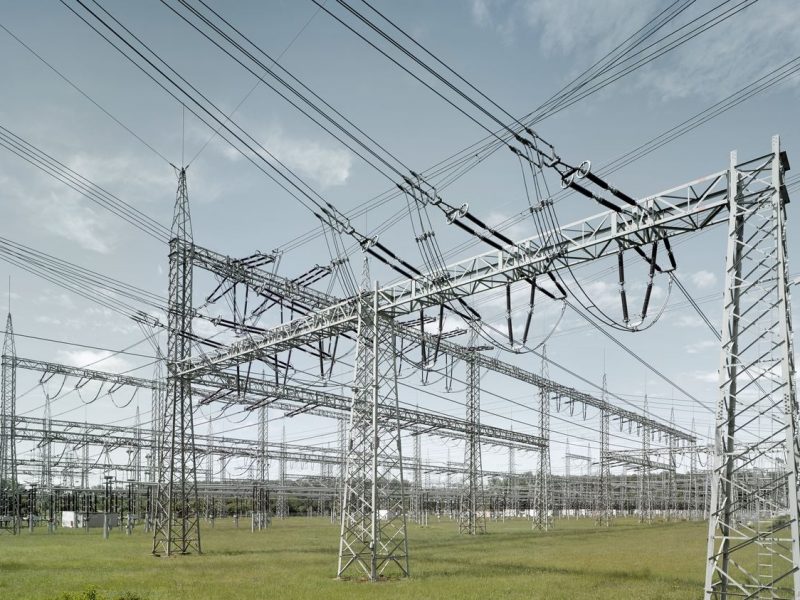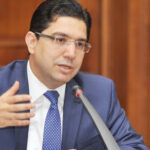A column by Charles Cuvelliez & Patrick Claessens, Polytechnic School of Brussels, ULB.
The European Court of Auditors settles its accounts with the liberalization of the electricity market through an audit published at the end of January. For her, the work was poorly done, without commenting on the principles.
The liberalization aimed at the interconnection of national electricity exchanges, the integration of national markets and an interconnection capacity between States to make it a reality.
There was indeed (voluntary) coupling of 19 electricity exchanges, but limited to one type of product: purchases/sales of electricity on D+1. Futures markets (to hedge against price variations) and the balancing market remained national. This large electricity market, which should have known no borders, is contradicted by the persistent divergence of wholesale prices at the national level. The 70% of the interconnection capacity between Member States that is obligatorily available for cross-border exchanges is in vain. The fault, for the Court, with the intermittent renewable energies which rise with an intensity that the legislator had not foreseen at the risk of congesting cross-border exchanges. If we had better coordinated and calculated the necessary interconnection capacities that take better account of the evolution of the (intermittent) electricity mix left to the initiative of each Member State, we would not be here. Finally, the European Commission made the mistake of over-delegating the technical details of cross-border exchanges to national regulators.
Impact Analyzes
The costs of implementing liberalization have not been assessed. The few planned monitoring indicators have not been defined and remain without a target value. Nothing has been prepared to adapt the pricing method in crisis situations. This is the reason for excessive profits. Another neglected area: the flexibility of demand (via the aggregation of demand, the storage of energy to modulate it, the remunerated reduction of demand) in the face of wholesale market prices. The Court of Auditors points to the ineffectiveness of market surveillance (integration), complicated by the dual competence of ACER and the Commission.
Transparency
There would have been no way of detecting, says the Court, a failure of liberalization before the crisis in the absence of a report on the surveillance activity of the wholesale markets by ACER. It is with these reports, which identify the obstacles to the completion of the internal market and which recommend corrective actions; that we can move forward. They are all the more important as ACER has no enforcement powers. The frequency or content of these reports is not fixed. ACER does not have effective channels at its disposal to collect the data necessary for its monitoring because there is no coherent strategy at EU level for a comprehensive collection of data on the energy markets . Eurostat, the Commission’s Energy Directorate and ACER publish several data streams which differ in the length of the time series. ACER then relies on exchanges of views with national experts, on consultations within European committees bringing together market players and on questionnaires sent to regulators. ACER did not even ask, between 2016 and 2020, to strengthen the surveillance department.
No Recommendation
Market monitoring reports are helpful with recommendations. However, there has recently been no official opinion either at the Commission or at the European Parliament, except to recall the objectives of the policy and the legal obligations that flow from it. Supervision of transmission system operators has not led to progress in the interconnection between electricity infrastructures. Despite the biannual monitoring of investments in cross-border transmission capacity by ACER, the implementation of around half of the projects faced delays in 2019. Neither the Commission nor ACER monitored how Member States have established appropriate and comparable sanctions in their national law, or how national regulators have applied EU texts.
Monitoring 6 Years Late
Market surveillance only became effective six years after the approval of the regulation establishing it, then it was suspended following malfunctions in the computer system. Most of the electricity purchased in bulk is purchased on over-the-counter markets, which are less transparent and subject to manipulation. The report which must in particular evaluate it was no longer published since 2017!
ACER must share the information it collects with national regulators and other competent authorities (financial, competition): this is not always the case, not even with the European Competition Department. ACER has developed alerts based on known risky practices but only reviews half of them. It also has the power – which it has used – to adopt opinions and recommendations for key players. But nothing obliges him to follow up. Their addressees are not required to render an account of their respect to him.
Lack of Independence
Within ACER itself, the director is too dependent on the favorable opinions of the Board of Regulators (one per country). The two-thirds majority rule within this board involves the risk of a blocking minority and nothing is planned for conflicts of interest (ACER decisions contrary to the interests of a country, for example) .
For the Court, it is clear: everything comes from a lack of governance. No matter the liberalization to be put in place, we would not have come to this. But first there is the balance of power between the centralizing side of the Commission and the decentralizing side of the Member States since they remain competent for the choice of the energy mix and their security of supply. We must find the means to harmonize more than 20 national markets based on as many different electricity mixes while guaranteeing the security of supply for all. It’s not win !
This article is originally published on lalibre.be









